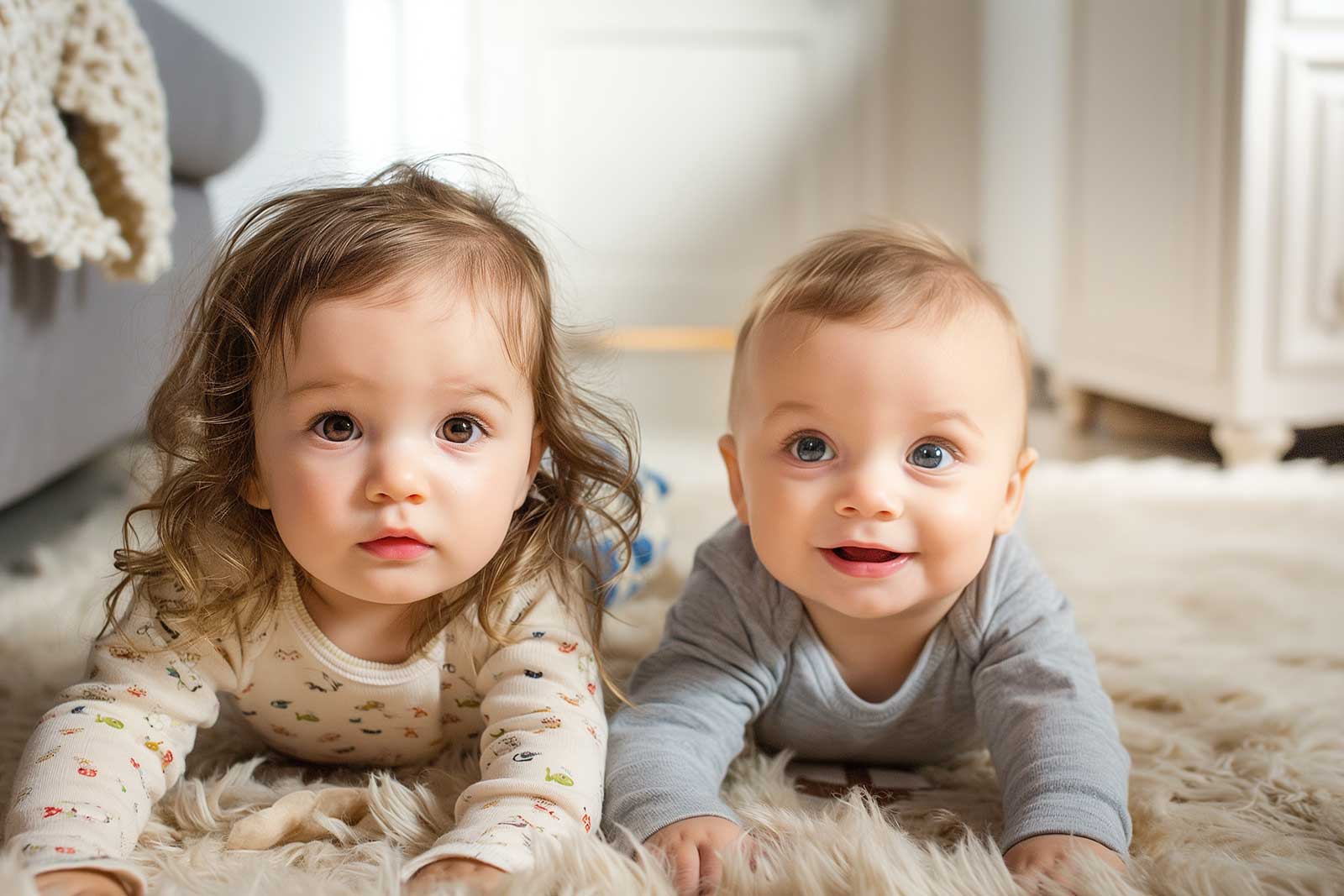Understanding Your Child’s Developmental Milestones: A Comprehensive Guide
Starting with that first giggle or first crawl, childhood can be a constant and bewildering procession of small but extraordinary wins, forming the cornerstones of normal physical, cognitive and emotional development. Keeping an eye on developmental milestones can alert parents and carers to any sign that something isn’t quite right. That signature sound, smell or sense of the imprint of your infant’s handprint will remain with you forever. This guide compares and contrasts the key developmental stages for babies and toddlers, explaining what to expect at each stage and how you can play a role in helping your little one make progress.
Birth to 3 Months
Physical Development: Newborns also have little control over their bodies. Physical milestones in the first few months are things such as raising the head, straightening the legs and arms, and opening and closing the hands.
Cognitive Development: Babies now develop a sense of the world around them through their five senses; they can start to build their vocabulary with common words and begin to look out for people that they trust.
Emotional/Social Development: The first smiles occur at two months (and bring joy and contentment to all those around). Crying is the main form of communication, typically used to express an appetite for nursing or hunger, but also to communicate the need to be close or have other needs met.
4 to 6 Months
Physical Development: Your baby will roll over, hold his head up and reach out, demonstrating greater proficiency in his motor skills and hand-eye coordination.
6 to 9 months: Cognitive Development Babies develop new levels of attention to their surroundings. They begin to seek out and engage with objects. They experience a new interest in cause and effect (learning that they can shake a rattle to make a noise).
Emotional/Social Development: These are the months when he develops social skills such as responding to affection, recognising strangers, and expressing joy or frustration over different situations.
7 to 12 Months
Physical Development: Milestones include sitting without support, crawling, and possibly walking; fine motor skills such as grasping small objects and pointing also improve.
Cognitive Development: Baby begins to play with objects a little more, starts to say yes and no, might begin to use gestures, like clapping to say hello and goodbye.
Emotional/Social Development: Infants might experience separation anxiety; they are much more likely to prefer familiar faces over strangers, and their likes and dislikes are becoming more apparent.
1 to 2 Years (Toddlers)
Physical Development: Toddlers walk more confidently. He or she starts running, climbing, kicking balls, and engaging in any number of physical activities. Fine-motor skills develop, so your child might start eating with utensils or building blocks.
Cognitive Development: This period, arguably the high point for language development, sees most children begin to say simple words by 12 months and two-word phrases by 24 months. Problem-solving and pretend play make their first appearances.
Social/Emotional Development: Becomes more assertively independent, demanding, and even stubborn; likely to throw tantrums. Likes to play alongside other children, but not necessarily cooperatively.
2 to 3 Years
Physical Development: Better balance and coordination paves the way for more elaborate activities such as jumping, throwing and pedalling tricycles.
Cognitive Development: Vocabulary expands rapidly and sentences become more complex. More questions are asked, and two-step commands can be followed.
Emotional/Social Development: The ability to regulate one’s emotions is developing, although tantrums can still occur. Children this age can start to show empathy, and are willing to take turns in games.
How to Support Your Child’s Development
Make your environment safe and stimulating so that your child has lots of spaces to move and interact with different objects.
Play: playtime might be fun and games but it’s no frivolity. As children develop motor skills, learn when to share or take turns, or figure out a puzzle that might contain dozens of parts, play is a crucible of learning.
Talk Together: The more you speak to your child often during the early years, the greater the positive effect on their language and cognitive abilities.Read Together: Tocookies and candy to cry about different parts of the story, but to enrich their vocabulary and cognitive development, listen and read to your child often.
Let them Do: give your child a chance to test out their limits, explore or try to use something. This will increase their independence and self-confidence.
Be Patient and observant: There’s no pattern to child development. Praise their accomplishments, and teach them not to get frustrated by obstacles.
Learning about and tracking your kid’s development can be one of the most satisfying elements of parenting. Knowing what you should expect – and when you can turn your astonishment into anticipation and, most importantly, support and nurture – can help your child grow and thrive. And if you are ever worried about your child’s development, a paediatrician or other early childhood specialist can be instrumental in providing guidance and support.
editor's pick
latest video
news via inbox
Nulla turp dis cursus. Integer liberos euismod pretium faucibua

